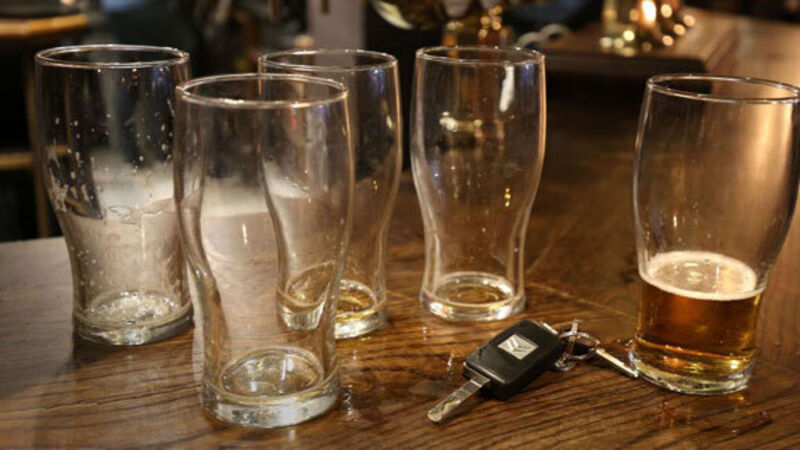Morning after a ‘high-risk period’ on roads

“The morning after was shown to be a particularly high-risk period — 11% of all fatal collisions occurred from 7am to 11am in which a driver had consumed alcohol,” said Velma Burns, from the Road Safety Authority (RSA).
The RSA and An Garda Síochána launched their annual Christmas road safety campaign yesterday, with data from November and December from 2008 to 2016. It showed alcohol is the number one contributory factor in road fatalities at this time.













